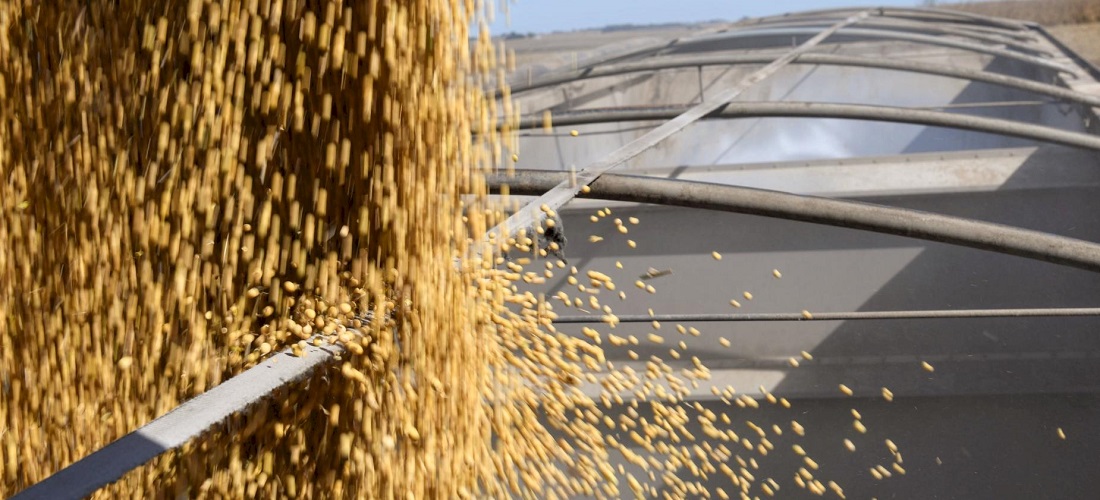
Brazilian soy exports to Arab countries expected to grow over next few years
Feb, 02, 2021 Posted by Ruth HollardWeek 202105
A study carried out by the Market Intelligence sector at the Arab Brazilian Chamber of Commerce pointed out that there is an expectation of growth in shipments of Brazilian soy to the Arab countries, motivated by the increased price in the international market over the next few years. According to the study, there are indications that export growth will also occur at a global level.
According to the agency, the market potential for the product is due to the production of animal feed and for human consumption. The tariff tax on soybean sales from Brazil to the Arabs is considered low, which also favors trade.
This is what already occurs in Brazilian exports to Saudi Arabia, Tunisia, Algeria, and Egypt. These countries have zero tariffs for imports from Brazil. From 2018 to 2020, product shipments were concentrated in these four countries.
To go beyond these borders, the Arab Brazilian Chamber of Commerce highlights Bahrain, Iraq, Jordan, Lebanon, Palestine, and Sudan as potential markets. The trends that make these markets stand out are the changes in consumption habits linked to the prospect of increased income.
“Soy consumption has grown very sharply in the face of increased income, especially in developing countries. The International Monetary Fund estimates income growth in most Arab countries between 2020 and 2025, countries in which relevant population growth must also be observed,” cites the study.
Another point is that because of the use of soy as a livestock feed, opportunities emerge in the Arab countries that have advanced in the production of animal protein. This is the case observed in cattle breeding in Saudi Arabia, Qatar, Oman, and Tunisia.
Brazilian Soy Exports (HS 1201) to Arab Countries | Jan – Dec 2016-2020 | WTMT
Among the strengths of this trade is the contribution of soy and its by-products to the Gross Domestic Product (GDP) and agricultural exports in Brazil. There is also the fact that soy is used as a milk substitute in products such as soy milk, soy cheese, or added to items such as soy bread, pasta, and flour, and vegetable meat itself, which is aligned with consumption among young Arabs.
Despite being identified as a product with the potential to reduce food insecurity, the study points out that the possibility of introducing or expanding soy production in developing countries in Africa is low. Among the market challenges is production concentrated in only a few countries, including the United States, Brazil, China, and Argentina, which account for almost 90% of world production. Monoculture is also the target of emerging criticism due to the expansion of the cultivated area.
Source: Brazil-Arab News Agency
-
News Features
Jun, 30, 2021
0
S. Magalhães & Essemaga announce modernization and infrastructure investments with the expansion of a new REDEX terminal
-
Meat
Jun, 24, 2019
0
Beef exports grew 9.3% in May
-
Economy
Jul, 11, 2023
0
Brazilian exports show 10.4% year-on-year increase by 1st week of July
-
Ports and Terminals
Oct, 25, 2022
0
Tax authorities seize cocaine shipment bound for Spain at the Port of Paranagua


